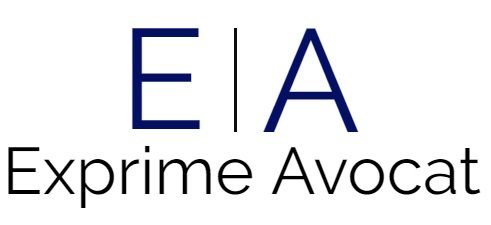
When starting a business in France, it’s essential to understand the various legal business structures available to you. Each structure has its own set of rules, regulations, and tax implications, so selecting the right one for your venture is critical. In this article, we will provide an overview of the most common types of legal business structures in France and their key features.
Sole Proprietorship (Entreprise Individuelle)
A sole proprietorship is the simplest business structure in France. It is suitable for entrepreneurs who want to operate a small business without creating a separate legal entity. In this structure, the business owner is personally liable for all debts and obligations of the business.
Pros:
- Easy to set up and manage
- Minimal administrative requirements
- Owner has full control over the business
Cons:
- Unlimited personal liability for the business owner
- Difficult to raise capital
- Lack of legal separation between the owner and the business
EIRL (Entrepreneur Individuel à Responsabilité Limitée)
The EIRL is a variation of the sole proprietorship that allows the entrepreneur to limit their liability. The business owner can designate a separate patrimony for professional activities, protecting their personal assets from business liabilities.
Pros:
- Limited liability for business debts and obligations
- Simple administrative requirements
- Owner maintains full control of the business
Cons:
- More complex to set up than a standard sole proprietorship
- Difficult to raise capital
- May require additional accounting and reporting
SARL (Société à Responsabilité Limitée)
The SARL is a private limited liability company and one of the most popular business structures in France. It requires at least two shareholders and can have up to 100. Shareholders’ liability is limited to their contributions, and the company is a separate legal entity.
Pros:
- Limited liability for shareholders
- Flexible management structure
- Easier to raise capital compared to sole proprietorships
Cons:
- More complex administrative and accounting requirements
- Less flexible than a sole proprietorship
- May be subject to higher taxes
SAS (Société par Actions Simplifiée)
The SAS is a flexible joint-stock company that can be formed by one or more shareholders, including individuals and legal entities. It is known for its flexible management structure, making it a popular choice for startups and international companies.
Pros:
- Limited liability for shareholders
- Highly flexible management and governance structure
- Can be formed with a single shareholder
Cons:
- More complex accounting and reporting requirements
- Higher setup costs compared to a SARL
- May be subject to higher taxes
SA (Société Anonyme)
The SA is a public limited company suitable for larger businesses. It requires at least seven shareholders and has a minimum share capital of €37,000. The company’s shares can be publicly traded, making it easier to raise capital.
Pros:
- Limited liability for shareholders
- Can raise capital through public share offerings
- Suitable for large-scale business operations
Cons:
- Complex administrative and reporting requirements
- Requires a minimum of seven shareholders
- Higher setup costs and taxes compared to other business structures
In conclusion, selecting the appropriate legal business structure is crucial for your venture’s success in France. It is essential to consider factors such as liability, management flexibility, and capital requirements when making your decision.
Consulting a knowledgeable French attorney can help ensure that you choose the best structure for your specific business needs and goals.
Our law firm assists you in creating your SAS or in case of disputes between shareholders, the president, administration, or third parties.”






